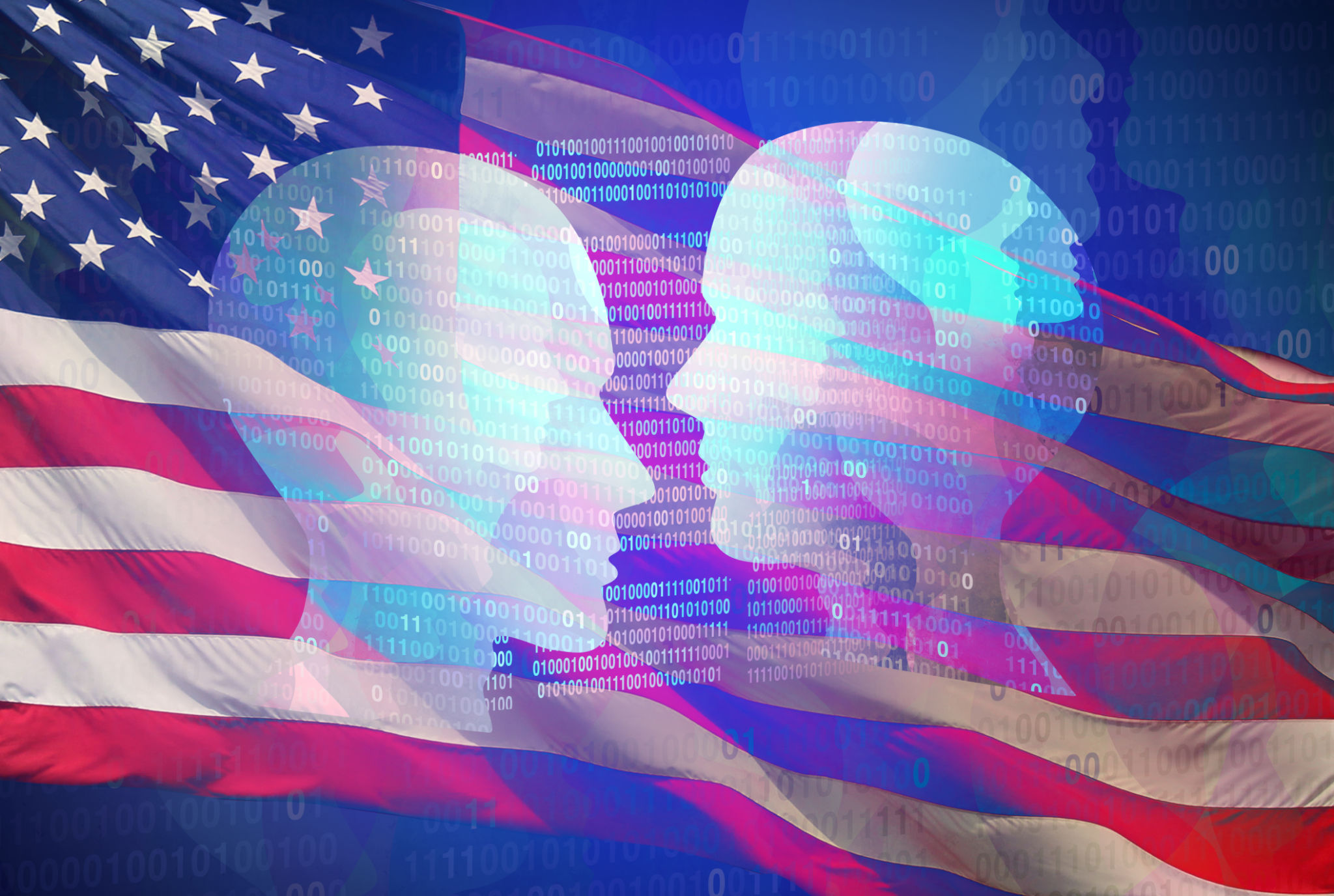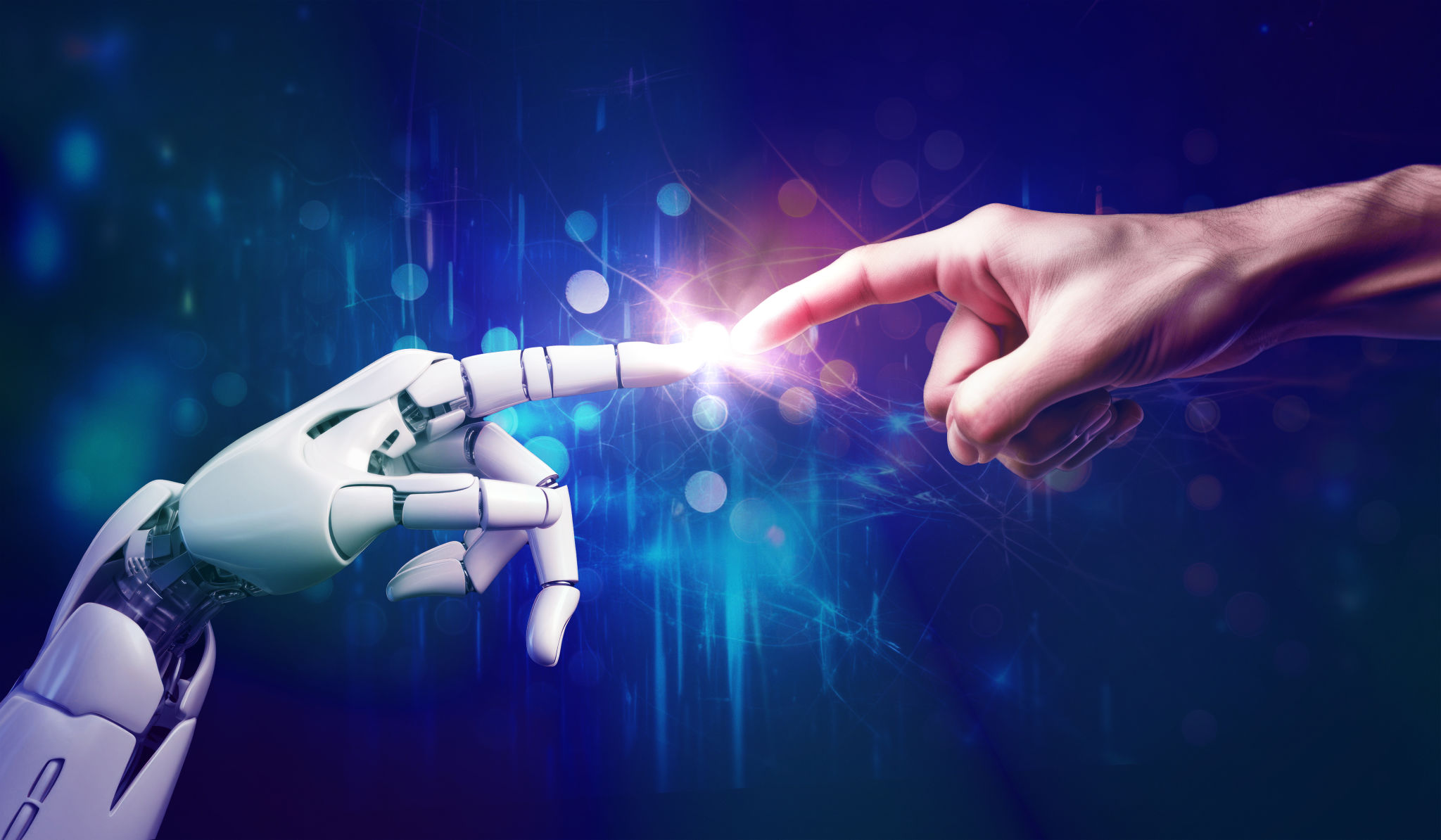Debunking Myths About AI in Elections: What Voters Should Know
Understanding AI in Elections
The integration of artificial intelligence (AI) in elections has sparked a range of reactions, from excitement about its potential to concerns about its impact on democratic processes. As AI becomes more prevalent, it's crucial to separate fact from fiction to understand its role in electoral systems. Here, we debunk some common myths about AI in elections and provide voters with the information they need.

Myth 1: AI Fully Controls the Voting Process
A common misconception is that AI has taken over the entire voting process, rendering human involvement obsolete. In reality, while AI technologies assist in various aspects of elections, they do not have complete control. AI is mainly used for data analysis, voter outreach, and improving the efficiency of electoral operations. Human oversight remains essential to ensure transparency and integrity.
Myth 2: AI Compromises Election Security
Another prevalent myth is that AI inherently poses a threat to election security. In fact, AI can enhance security measures by detecting and preventing cyber threats, identifying fraudulent activities, and ensuring the integrity of voting systems. By employing AI for monitoring and threat detection, election officials can better safeguard the electoral process.
Myth 3: AI Eliminates Human Bias
While AI is often touted as an unbiased decision-maker, it is not immune to bias. The algorithms used in AI systems are created by humans and can reflect existing biases in their design and data inputs. It is crucial to continually assess and refine these algorithms to minimize bias and ensure fair outcomes.

The Role of AI in Voter Engagement
AI plays a significant role in enhancing voter engagement by personalizing communication and making information more accessible. Through data analysis, AI can tailor messages to specific voter demographics, ensuring that individuals receive relevant information about candidates and issues. This targeted approach can increase voter participation and awareness.
Myth 4: AI Replaces Traditional Campaigning
Some believe that AI has rendered traditional campaigning obsolete. However, AI complements rather than replaces traditional methods. It provides tools for better targeting and engagement, but personal interactions, rallies, and public debates remain crucial components of campaign strategies. A successful campaign often integrates both AI-driven and traditional approaches.
The Future of AI in Elections
As technology advances, the role of AI in elections will continue to evolve. It promises to improve efficiency, security, and voter engagement but requires careful implementation and oversight. Voters should stay informed about these developments to understand how AI influences electoral processes.

Staying Informed and Engaged
For voters, staying informed about how AI is used in elections is essential. Engaging with reliable sources and understanding the capabilities and limitations of AI can help dispel myths and prevent misinformation from influencing perceptions. By being informed, voters can make educated decisions at the polls.
In conclusion, while there are valid concerns about the use of AI in elections, many myths exaggerate its impact or misrepresent its capabilities. By understanding the facts and embracing transparency, voters can feel confident that technology serves to enhance rather than undermine democratic processes.